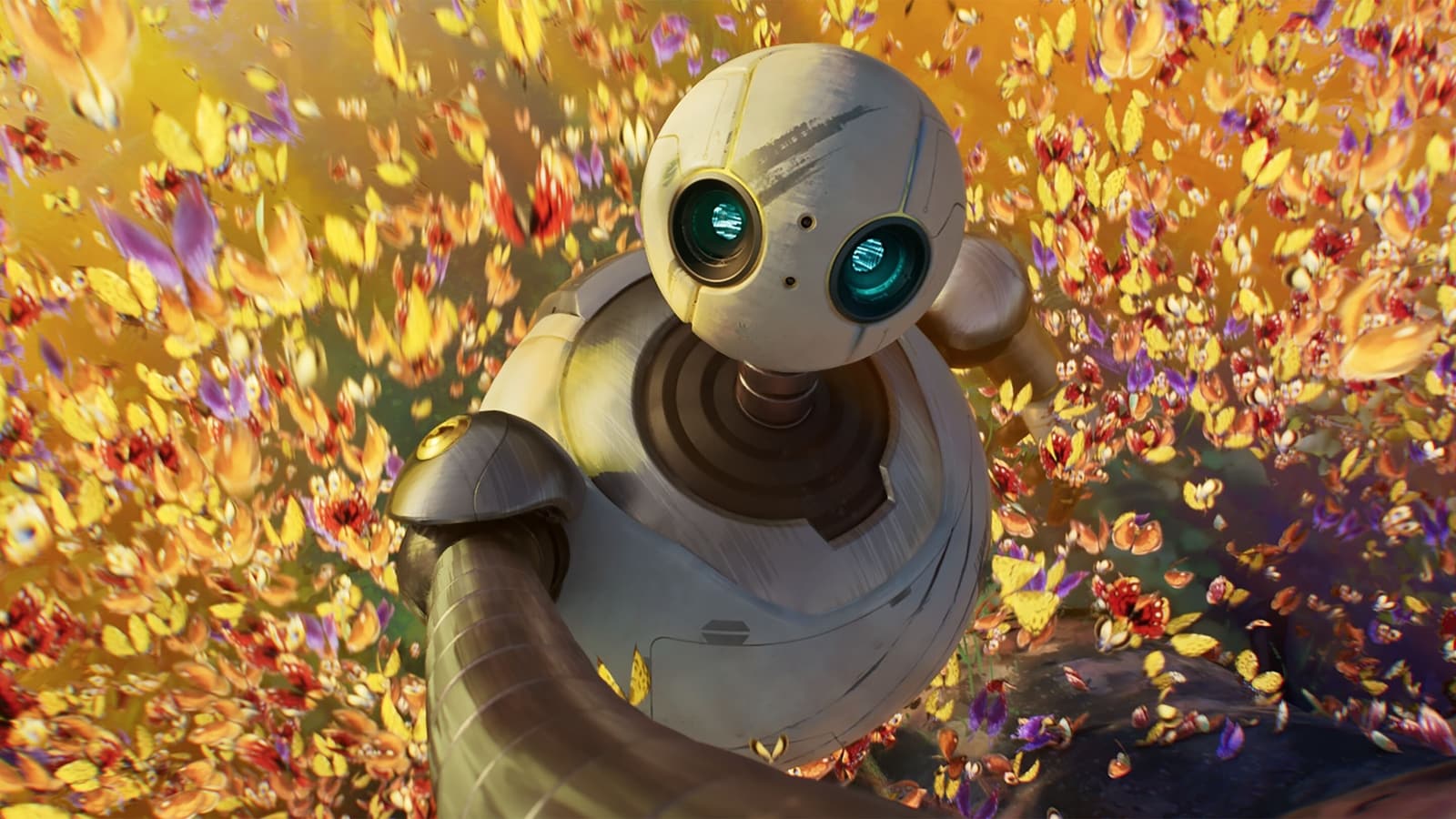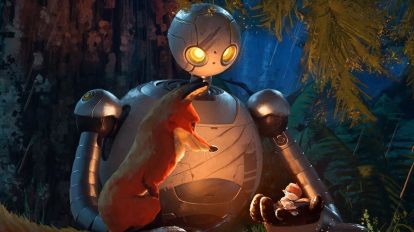The Wild Robot” by Peter Brown offers profound insights into parenting, nature, and the essence of being alive. One of the central themes is the idea that no one is inherently programmed to be a parent, a notion illustrated through the character of Roz, a robot who unexpectedly becomes a mother figure to a gosling named Brightbill. Despite being a machine, Roz learns to navigate the complexities of nurturing and protecting Brightbill in a wild environment, demonstrating that parenting is more about love, care, and adaptation than innate ability.

Source:- news 18
Through Roz’s journey, readers see that parenting is a learning process, filled with mistakes and successes. Roz’s dedication to Brightbill highlights that love transcends biological ties, emphasizing that emotional connection and responsibility are the true foundations of parenthood. This lesson resonates with anyone who has ever taken on the role of a caregiver, reminding us that the essence of parenting lies in the effort and commitment we put forth.
Source:- bbc news
Additionally, the book emphasizes the importance of understanding and respecting nature. Roz learns to coexist with the forest’s inhabitants, showcasing the beauty of interdependence in ecosystems. This relationship between Roz and the natural world reflects the idea that nurturing extends beyond immediate relationships to encompass our broader environment.
Ultimately, “The Wild Robot” serves as a gentle reminder that, whether human or robot, the journey of parenting involves growth, empathy, and an open heart. It challenges traditional notions of family and encourages readers to embrace the unexpected paths that life can take, teaching that the essence of nurturing can come from the most unlikely sources.
Share your views in the comments

